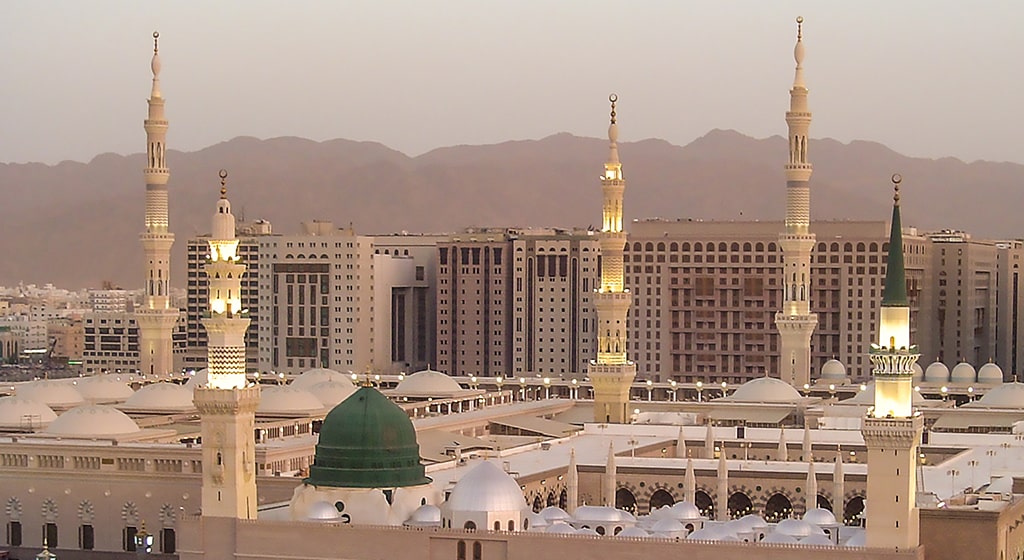
The Importance of Pillars in Islam
The 5 Pillars of Islam make up the five officially described acts that are termed as obligatory for all Muslims to follow. The holy Quran has presented these five Pillars of Islam as the framework for acts of worship while serving as a sign of the commitment of one’s faith to the religion of Islam.
The Five Pillars of Islam
The five pillars of Islam act as codes and guides for Muslims to follow, in an effort to master the religion of Islam. They are important to not only know but understand the role and significance they play on a daily basis.
So here we have outlined for you the 5 pillars of Islam in comprehensive detail for those that pay heed and wish to gather greater insight into their significance.
1. The Shahadah or Profession of one’s faith to Islam
The Shahadah or profession of a believer’s faith in Islam is the first and most important in five pillars of Islam. This fundamental expression surrounds all Islamic beliefs. The Shahadah states that in this entire universe and beyond, “There is no God but ALLAH and Muhammad PBUH is the messenger of ALLAH.” This belief is mandatory for all Muslims and without it; a person is lost in the wilderness.
This profession underscores the idea of monotheistic nature in Islam. There is none worthy of worship except Allah SWT. This phrase is the most common one in Islam and is also popular in Arab calligraphy. It is seen to appear in various manuscripts as well as religious buildings.
2. Salah or the observance of obligatory prayers
ALLAH SWT has ordained that all believers must offer prayers as a sign of worship to ALLAH. There are 5 obligatory prayers and they include Fajr, Zuhr, Asr, Maghrib, and Isha. All prayers should be offered with great devotion to the Creator and in the direction of Qibla- the Kaaba in Makkah.
3. Zakat or giving of alms
The third pillar of Islam constitutes to the giving of alms for the sake of ALLAH. All Muslims must share their current wealth with the less unfortunate ones in the community.
4. Saum or Fasting during the holy month of Ramadan
The observance of saum or fasting must be performed during the holy month of Ramadan. This fast must be carried out during the dawn to dusk timing. There are exceptions made for those who are ill, pregnant as well as elderly- whereby they are instructed to compensate with either feeding of the indigent or paying a sum of money to charity.
5. Hajj- the holy pilgrimage to Makkah, Saudi Arabia
All healthy and affording Muslims are instructed by ALLAH to offer Hajj at least once in their lifetime. This blessed pilgrimage to Makkah occurs once every year during the Islamic month of Zul- al- Hijjah- the 12th month in the Islamic calendar.
Get 2021 Umrah Packages from the United States of America.
